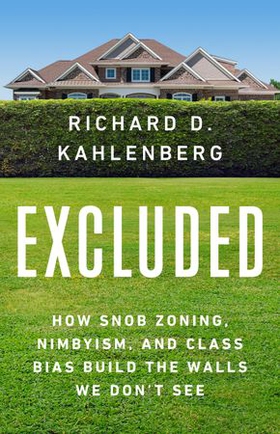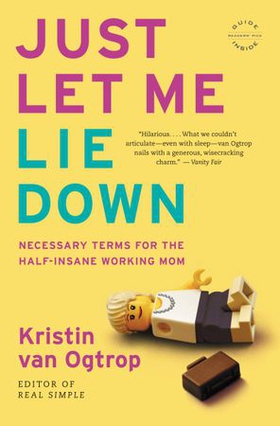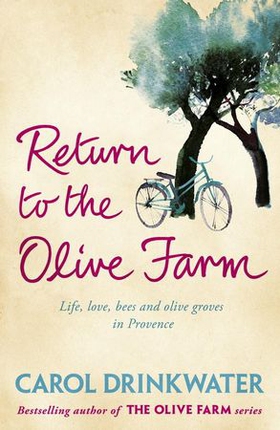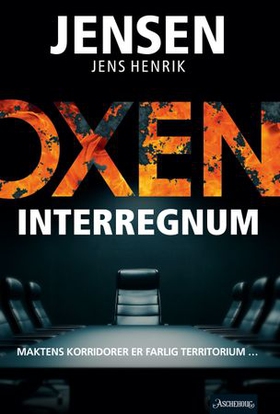
Legg til i ønskeliste
Excluded ebok
169,-
An indictment of America's housing policy that reveals the social engineering underlying our segregation by economic class, the social and political fallout that result, and what we can do about itThe last, acceptable form of prejudice in America is based on class and executed through state-sponsored economic discrimination, which is hard to see because it is much more subtle than raw racism.While the American meritocracy officially denounces prejudice based on race and gender, it has spawned a…
Andre har også kjøpt
Undertittel
How Snob Zoning, NIMBYism, and Class Bias Build the Walls We Don't See
Forlag
PublicAffairs
Utgitt
23 mars 2024
Sjanger
Språk
English
Format
epub
DRM-beskyttelse
LCP
ISBN
9781541701489
An indictment of America's housing policy that reveals the social engineering underlying our segregation by economic class, the social and political fallout that result, and what we can do about it
The last, acceptable form of prejudice in America is based on class and executed through state-sponsored economic discrimination, which is hard to see because it is much more subtle than raw racism.
While the American meritocracy officially denounces prejudice based on race and gender, it has spawned a new form of bias against those with less education and income. Millions of working-class Americans have their opportunity blocked by exclusionary snob zoning. These government policies make housing unaffordable, frustrate the goals of the civil rights movement, and lock in inequality in our urban and suburban landscapes.
Through moving accounts of families excluded from economic and social opportunity as they are hemmed in through “new redlining” that limits the type of housing that can be built, Richard Kahlenberg vividly illustrates why America has a housing crisis. He also illustrates why economic segregation matters since where you live affects access to transportation, employment opportunities, decent health care, and good schools. He shows that housing choice has been socially engineered to the benefit of the affluent, and, that astonishingly the most restrictive zoning is found in politically liberal cities where racial views are more progressive.
Despite this there is hope. Kahlenberg tells the inspiring stories of growing number of local and national movements working to tear down the walls that inflicts so much damage on the lives of millions of Americans.
The last, acceptable form of prejudice in America is based on class and executed through state-sponsored economic discrimination, which is hard to see because it is much more subtle than raw racism.
While the American meritocracy officially denounces prejudice based on race and gender, it has spawned a new form of bias against those with less education and income. Millions of working-class Americans have their opportunity blocked by exclusionary snob zoning. These government policies make housing unaffordable, frustrate the goals of the civil rights movement, and lock in inequality in our urban and suburban landscapes.
Through moving accounts of families excluded from economic and social opportunity as they are hemmed in through “new redlining” that limits the type of housing that can be built, Richard Kahlenberg vividly illustrates why America has a housing crisis. He also illustrates why economic segregation matters since where you live affects access to transportation, employment opportunities, decent health care, and good schools. He shows that housing choice has been socially engineered to the benefit of the affluent, and, that astonishingly the most restrictive zoning is found in politically liberal cities where racial views are more progressive.
Despite this there is hope. Kahlenberg tells the inspiring stories of growing number of local and national movements working to tear down the walls that inflicts so much damage on the lives of millions of Americans.














